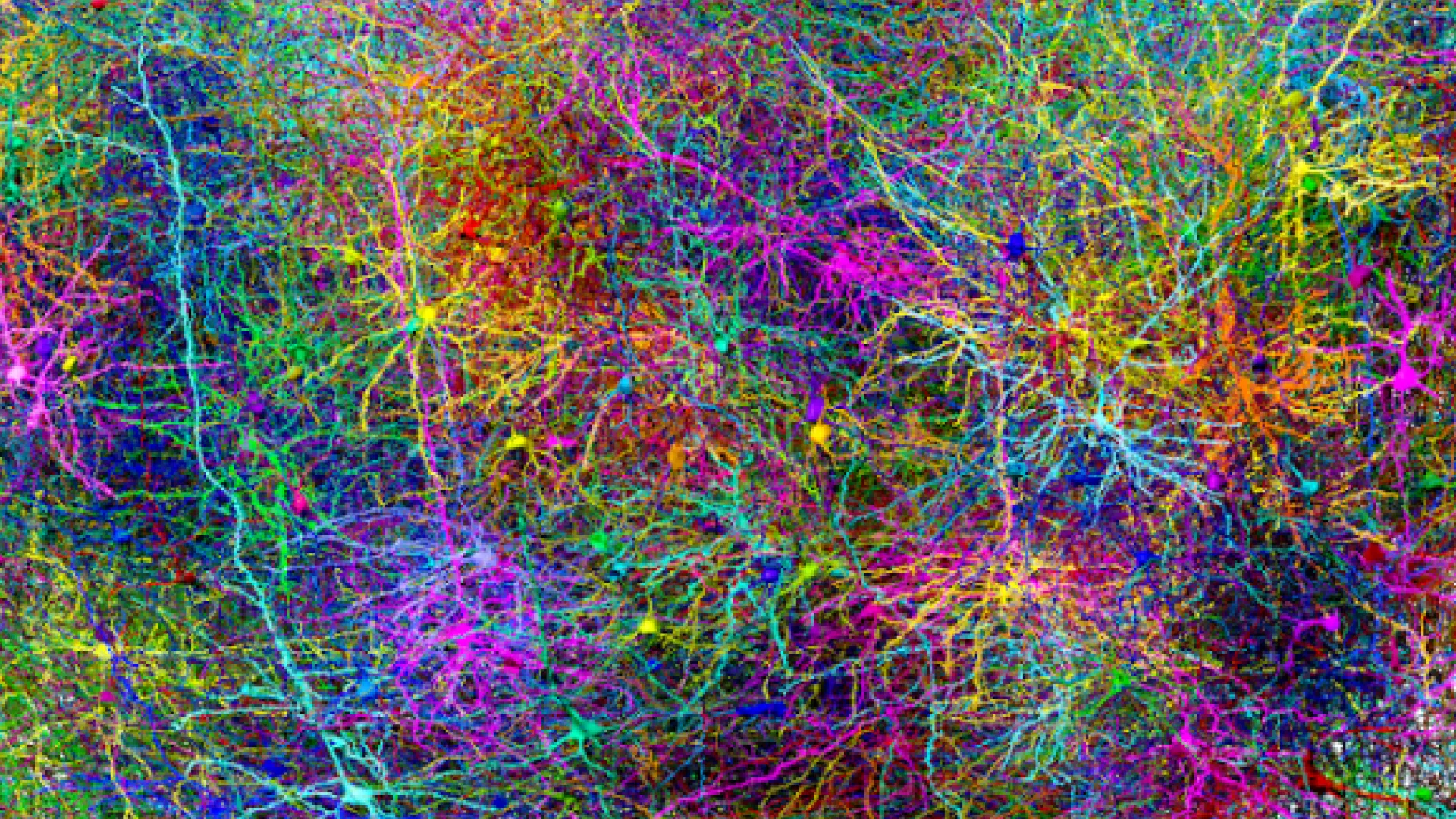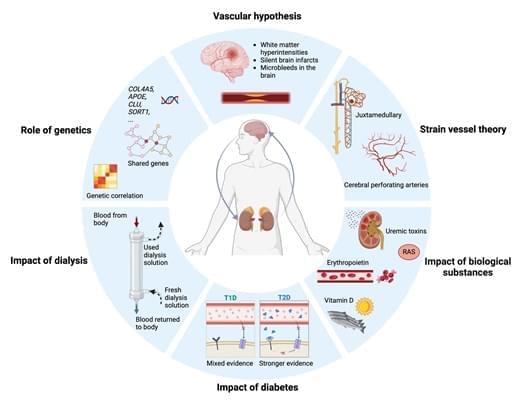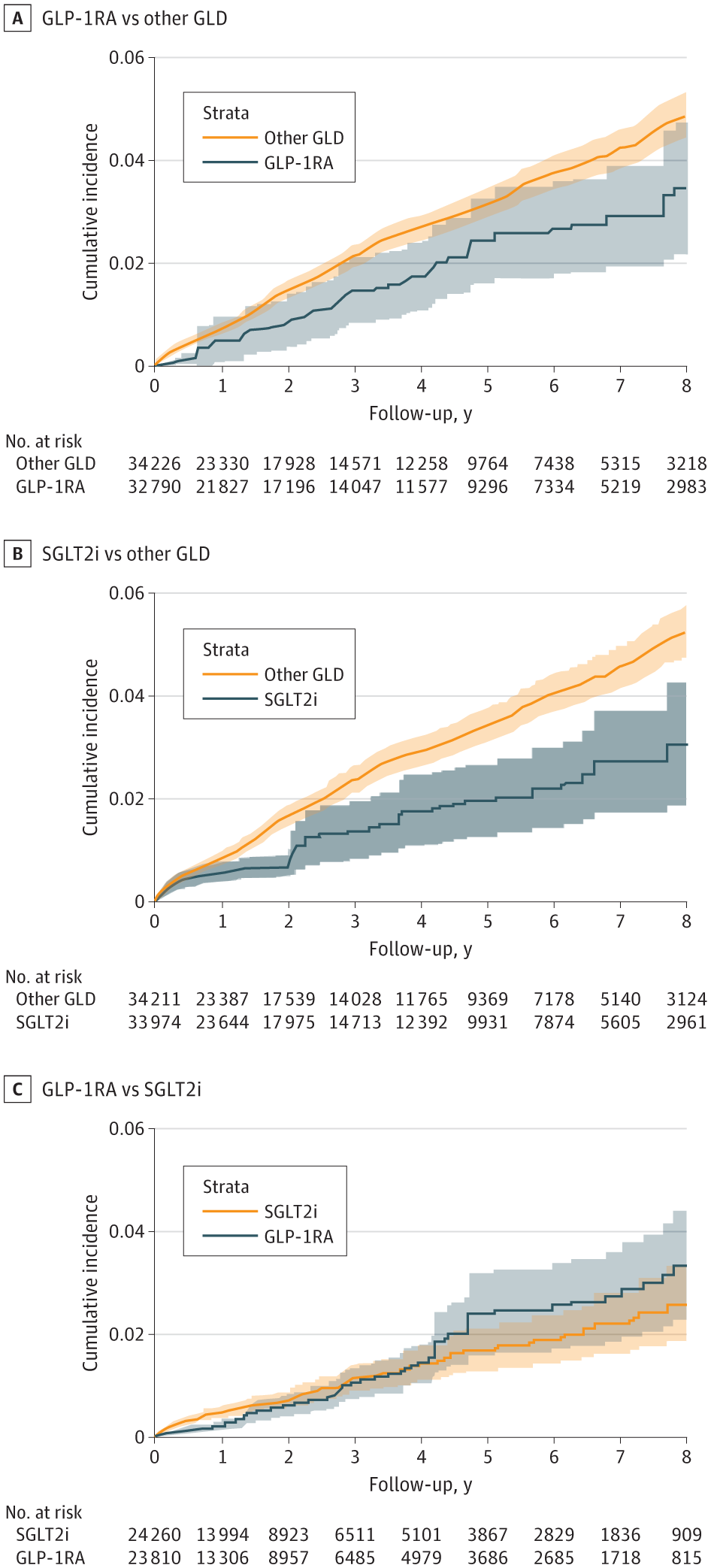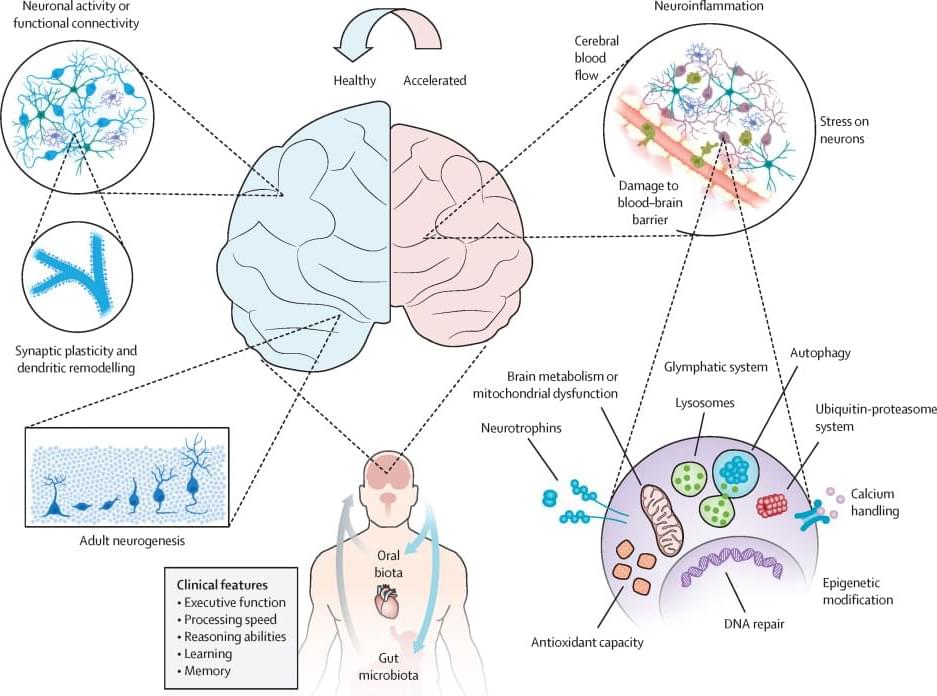Many thanks for tuning in!Please support SciFuture by subscribing and sharing!Buy me a coffee? https://buymeacoffee.com/tech101zHave any ideas about people t…
Get the latest international news and world events from around the world.

NEURD: A new software to proofread the map of the brain
A revolutionary blueprint is emerging from a fragment of brain tissue, promising new insights into the mysteries of the human mind. At the heart of this innovation is NEURD—short for “NEURal Decomposition”—a groundbreaking software package developed by researchers at Baylor College of Medicine.
With NEURD, the time-consuming process of mapping the intricate “street map” of brain connections is being transformed, enabling faster error detection and data corrections that pave the way for discovery.



Neuroprotective mechanisms of exercise and the importance of fitness for healthy brain ageing
Ageing is a scientifically fascinating and complex biological occurrence characterised by morphological and functional changes due to accumulated molecular and cellular damage impairing tissue and organ function. Ageing is often accompanied by cognitive decline but is also the biggest known risk factor for Alzheimer’s disease, the most common form of dementia. Emerging evidence suggests that sedentary and unhealthy lifestyles accelerate brain ageing, while regular physical activity, high cardiorespiratory fitness (CRF), or a combination of both, can mitigate cognitive impairment and reduce dementia risk.
I Made Super Mario Bros with just Redstone!
To try everything Brilliant has to offer—free—for a full 30 days, visit https://brilliant.org/mattbatwings/
You’ll also get 20% off an annual premium subscription.
Patreon: https://www.patreon.com/mattbatwings.
Discord: https://discord.gg/V5KFaF63mV
My socials: https://linktr.ee/mattbatwings.
My texture pack: https://modrinth.com/resourcepack/mattpack.
World Download: (JAVA 1.20.4 — MCHPRS PRACTICALLY REQUIRED) https://www.planetminecraft.com/project/super-marios-bros/
Mario Texture Pack: (JAVA 1.20.4 ONLY — INCOMPATIBLE WITH SODIUM) https://drive.google.com/file/d/14YQ7SJe6o58qktOokfSQF-MiYmD…sp=sharing.
Showcase made by @Activation123
Thank you to everyone in Redstone Army and ORE who helped me with this over the past 2 months, you know who you are!
Want to get more involved in the logical redstone community?
Learn Logical Redstone! https://youtube.com/playlist?list=PL5LiOvrbVo8keeEWRZVaHfprU4zQTCsV4
Open Redstone Engineers (ORE): https://openredstone.org/
0:00 Intro.

Vaibhav Sisinty (@vaibhavsisinty) • Instagram reel
17K likes, — vaibhavsisinty on March 27, 2025: “Your Future Kids Might Be Genetically Engineered🤯… [genetic engineering, CRISPR, designer babies, IVF, in vitro gametogenesis, gene editing, human evolution, bioethics, futuristic science, AI in healthcare, medical advancements, artificial reproduction, skin cell gametes, future tech, DNA modification, biotechnology]”
The physics of entropy and the origin of life | Sean Carroll
How did complex systems emerge from chaos? Physicist Sean Carroll explains.
Up next, The Universe in 90 minutes: Time, free will, God, & more ► https://youtu.be/tM4sLmt1Ui8
How did life on Earth originate? Scientists still aren’t sure, and this remains one of the world’s most fascinating and mind-boggling mysteries.
One way of approaching the question is to think generally about how complex systems emerge from chaos. Since the 1800s, scientists have known that entropy is always increasing, with everything in our Universe trending toward disorder over time.
A more nuanced understanding of entropy is helping today’s scientists make progress on the question of the origin of life, as Sean Carroll explains in this Big Think video.
Read the video transcript ► https://bigthink.com/series/great-question/entropy-origin-of-life/

The Most Detailed Map of the Human Cell Ever Made — Powered by AI and Imaging
For the first time, scientists have built a detailed, interactive map of a human cell, revealing how thousands of proteins organize and work together.
Using advanced imaging and AI tools like GPT-4, they uncovered hundreds of previously unknown protein functions and identified key cellular assemblies tied to childhood cancers. This map not only changes how we study cell biology but could also transform our understanding of disease at the molecular level.
Mapping the Human Cell: A 400-Year Quest.
